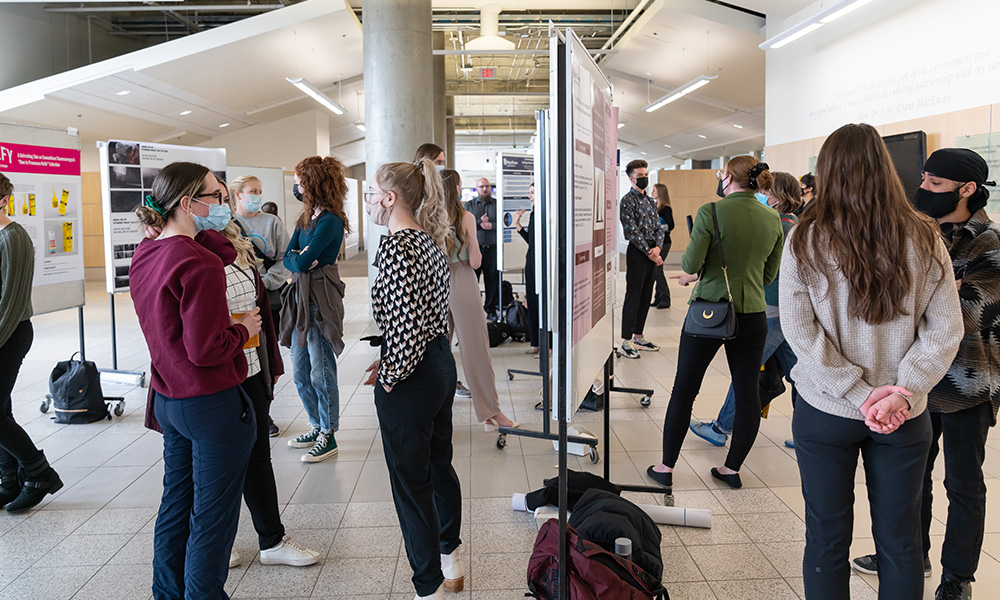Drawing on his architectural engineering and computational media design background, Dr. Farzan Baradaran Rahimi will join MacEwan University to advance research into how virtual reality (VR), augmented reality (AR) and other immersive technologies can benefit higher education teaching and learning.
In addition to his assistant professor role in the Faculty of Fine Arts and Communications (FFAC), he will also prepare a nomination for a new Tier 2 Canada Research Chair in Immersive Learning.
“Immersive learning is a critical area of scholarship and an area of increasing importance within many of our programs and the sectors they serve – design, nursing, natural and computer sciences and beyond,” says Dr. Craig Monk, provost & vice-president, Academic. “We are eager to expand our scholarship of immersive technologies in learning and are confident that Dr. Baradaran Rahimi’s impressive experience will make that possible.”
Dr. Baradaran Rahimi’s research explores the value of VR for education in both informal learning environments, including libraries and museums, and formal learning environments, such as K-12 schools and post-secondary institutions. He describes his interest in immersive learning, AR and VR as something that builds on his background in architectural engineering, and computational media design, which was the focus of his PhD.
“It’s an exciting time because we can have a role in shaping the future of these technologies and how we use them to improve our society and address challenges that we may face,” says Dr. Baradaran Rahimi.
In addition to establishing a research program, Dr. Baradaran Rahimi will also take on the responsibilities of teaching, student mentorship and curriculum development.
“We look forward to welcoming Dr. Baradaran Rahimi and wholeheartedly embrace his interdisciplinary approach,” says Dr. Allan Gilliland, dean of FFAC. “The emergence of virtual reality, augmented reality and machine learning in sectors directly related to our programs make this the perfect time for us to dig deeper into how those technologies might shape how we teach and learn.”
Dr. Baradaran Rahimi adds that immersive learning has great potential to revolutionize the way we see education.
“This technology can provide enhanced or personalized learning environments that remove the element of risk and facilitate the way we understand complex topics, such as empathy creation. It can also pave the way toward forward-looking, interdisciplinary, participatory, human-centred, socially engaged and entrepreneurial communities.”
About Canada Research Chairs
The Canada Research Chair program aims to make the country a global leader in research and development and training and talent development. Tier 2 Chairs are awarded to exceptional emerging researchers whose potential for leadership in their field is acknowledged by their peers. The chairs are awarded and funded for a five-year period and are renewable once.
The Canada Research Chair Program is funded by the Government of Canada and is a tri-agency initiative of the Social Sciences and Humanities Research Council (SSHRC), the Natural Sciences and Engineering Research Council (NSERC), and the Canadian Institutes of Health Research (CIHR).
 LEARN MORE
LEARN MORE
